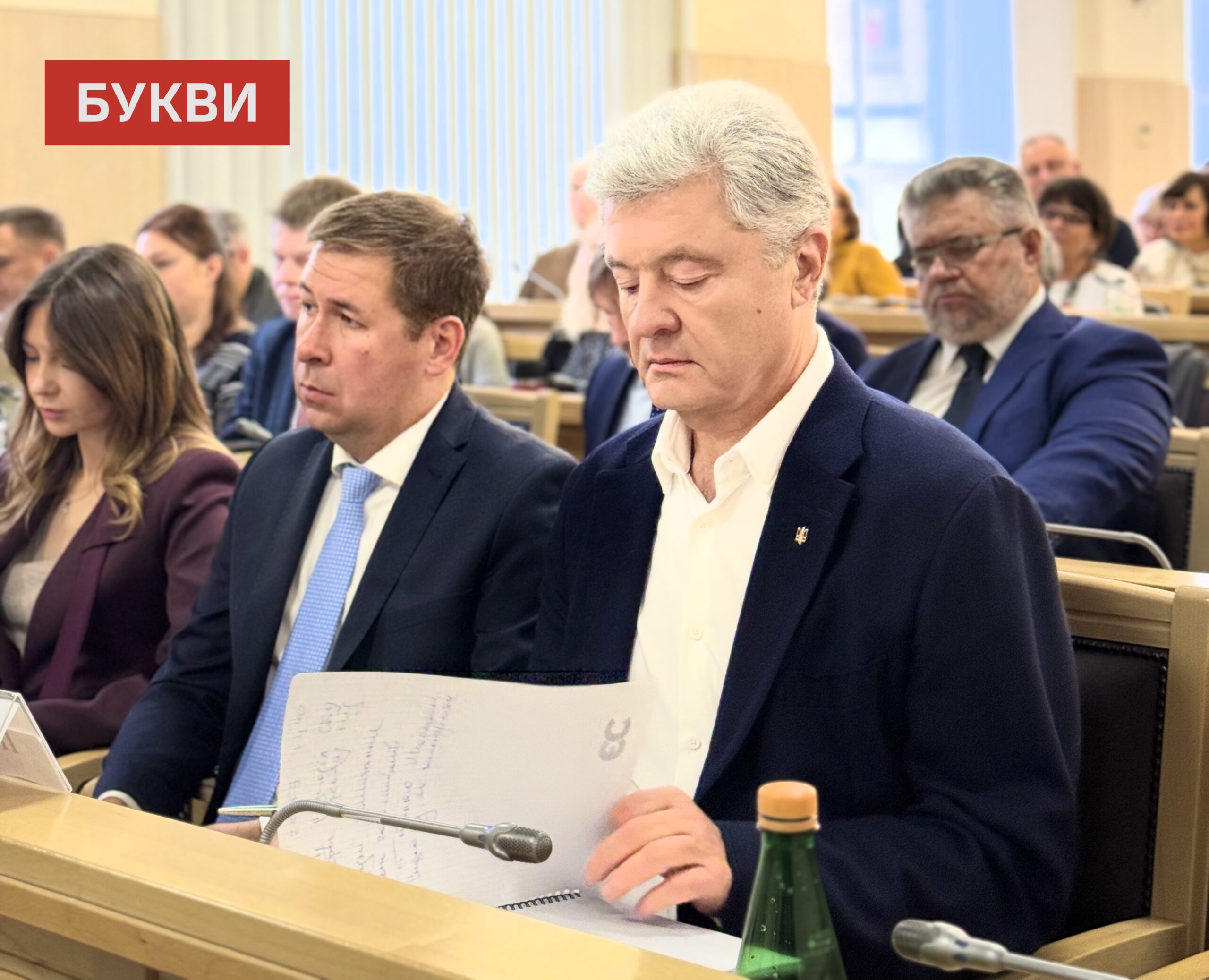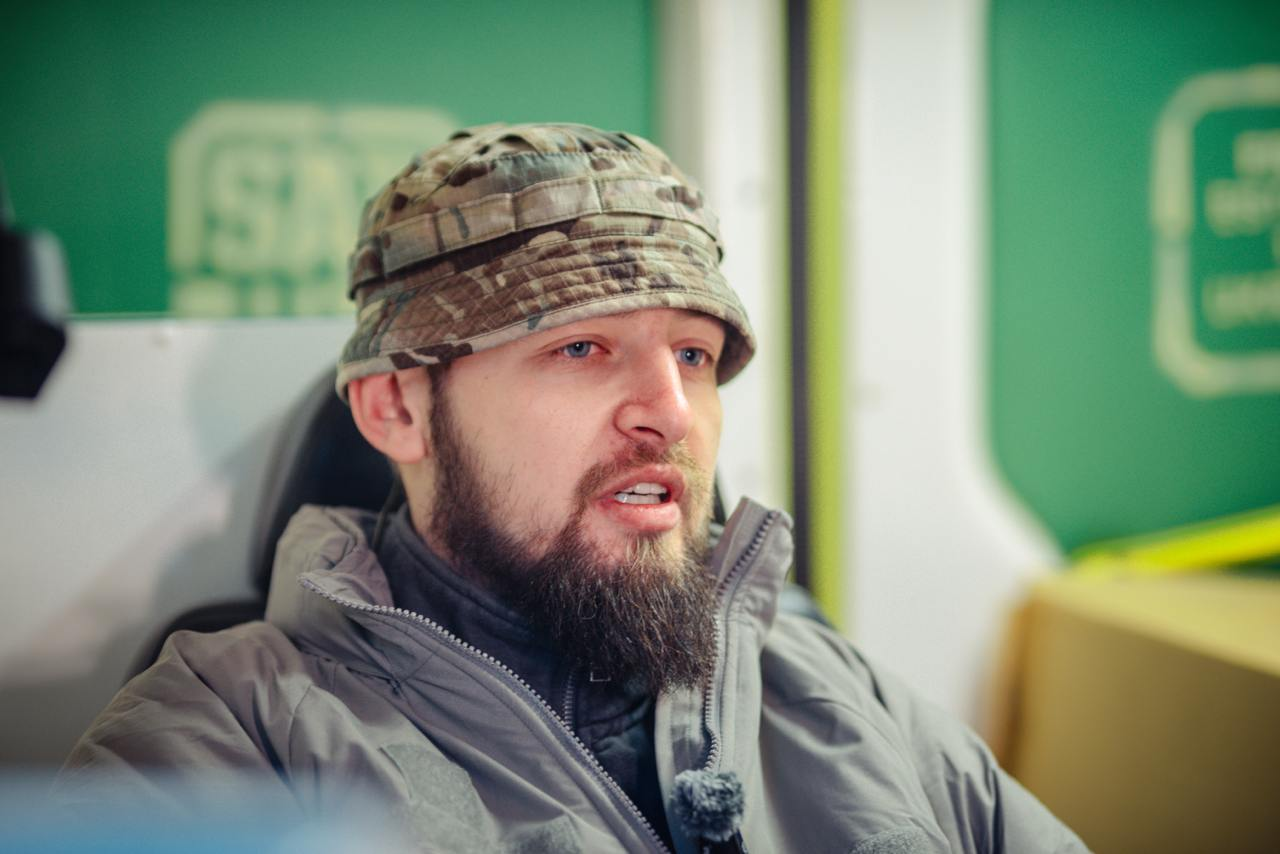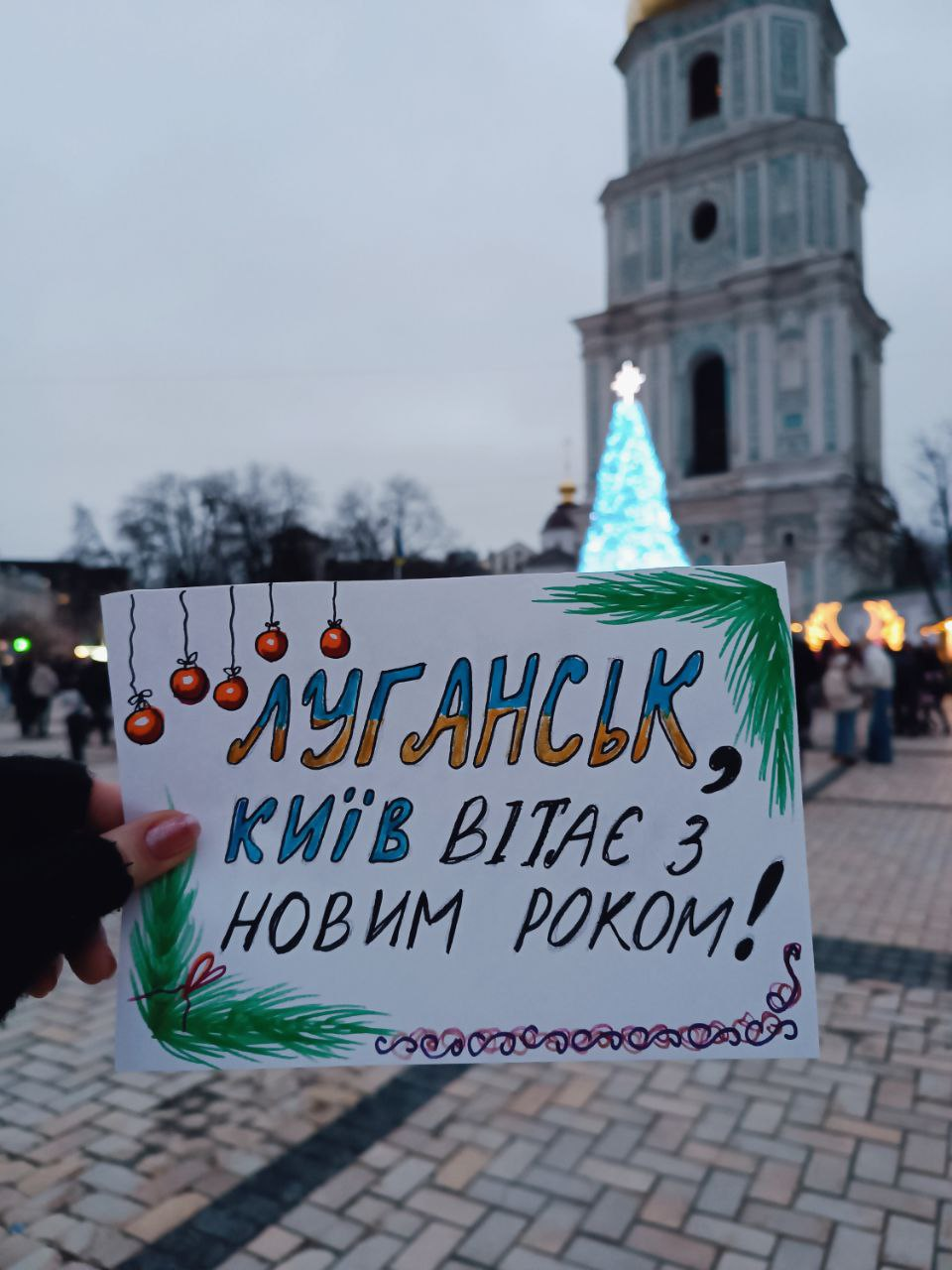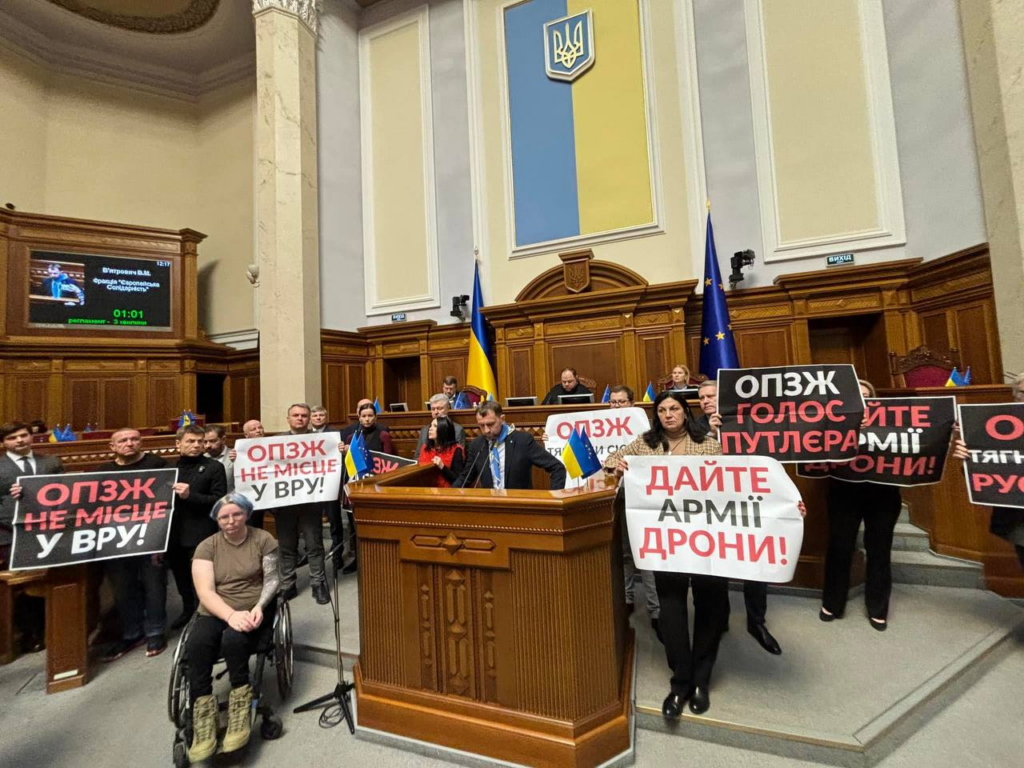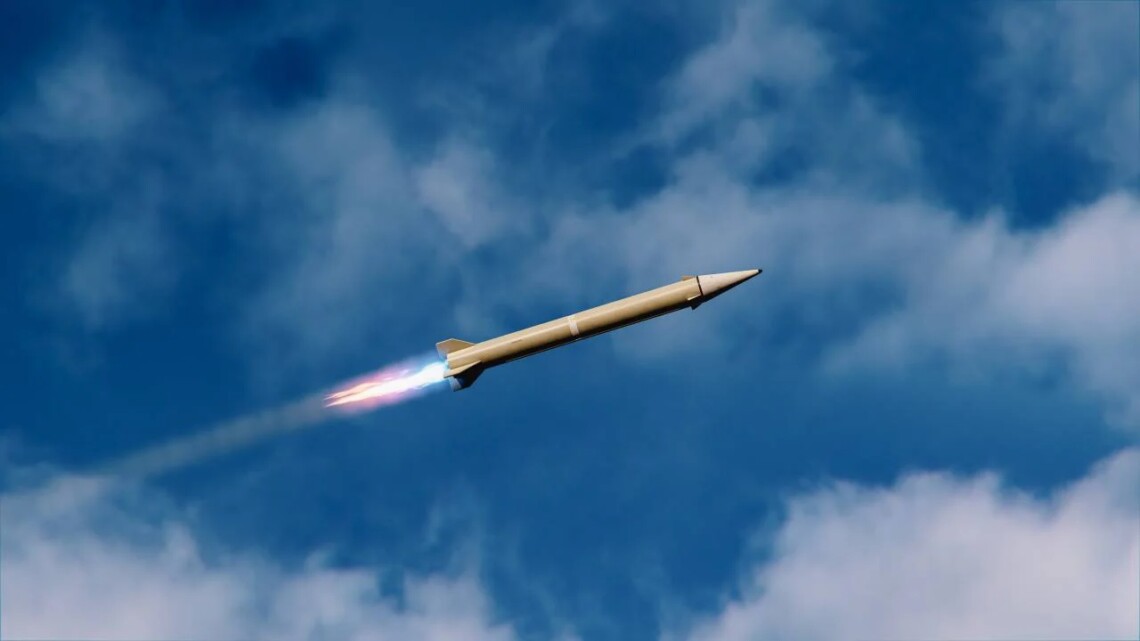We are a very big country, and we are different. This is our strength, – Yaryna Yasynevych
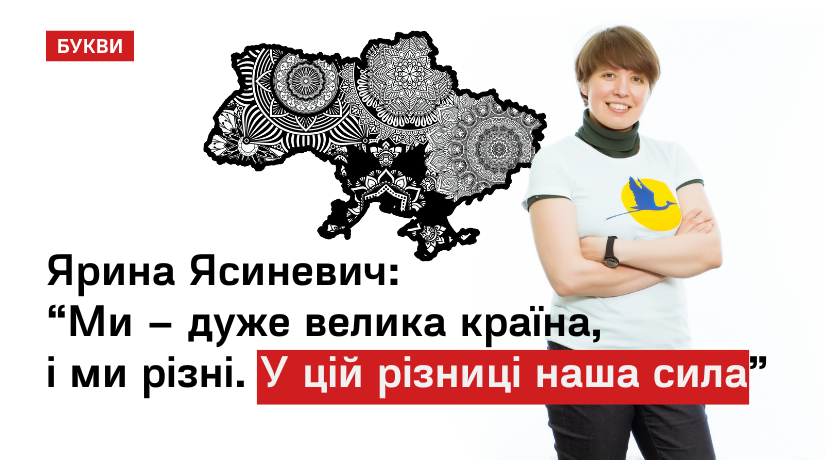
After the collapse of the USSR, Russia set a goal of returning Ukraine to its sphere of influence, pursuing a policy aimed at destroying Ukrainian statehood, destroying everything and everyone that could strengthen the unity of the Ukrainian people. Since those times, Russian propaganda has relied on information warfare no less than on missiles and tanks.
In the 2000s, Ukraine was dominated by the political discourse of the division into East and West, the polarization of the society on the basis of language and horror stories about the Bandera followers (Viktor Yushchenko became the personification of them during the Orange Revolution of 2004), who will allegedly ban the Russian language and will make everyone wear embroidered shirts.
However, how was Donbas actually seen in Lviv and vice versa?
The founder of Bukvy, political scientist Kateryna Roshuk spoke about it with the director of the Via Carpatia Forum, the head of programs of the Liberation Movement Research Center, volunteer of the Initiative Group of Ukrainian Intellectuals “December 1”, member of the Council of the “Reanimation Package of Reforms” Yaryna Yasynevych.
– Kateryna Roshuk (K.R.). I grew up in Mariupol, studied in Donetsk, and vividly remember the myths about the East and West of the country – the so-called division into pro-Russians in the East and Banderites in the West. How did you see it then?
– Yaryna Yasynevych (Y.Y.) Ukrainians are a very interesting example of a nation that for centuries was divided by the borders of different empires: culturally, mentally, and value-wise. However, we always wanted to unite: in 1919, when the act of unification of the Ukrainian People’s Republic and West-Ukrainian People’s Republic took place, we chose to be together. In 1991, we again chose to live in an independent country: from West to East – Donbas, Luhansk region and Crimea voted in the majority for the independence of the Ukrainian state. Then real life started though.
The state made no effort to stitch the country together, to help communities establish contacts. Team building, building brands and communities around business goals became popular, but nobody dared to talk about nation building then! There were no tools in the country for us to communicate with each other. And myths and stereotypes continued to live.
In Lviv, our public organization “Young Education” started traveling to the East in 2000. We were about 20 years old. It was important for us to communicate with young people from other regions. You get on the train and travel across the country for almost a day to find like-minded people. However, there were few such initiatives due to lack of money. Our first performance was in Donetsk, then in Luhansk. At that time, we held a series of meetings with students from the East Ukrainian National University in order to discuss the stereotypes.
We were prejudiced against them, and they were prejudiced against us. At the same time, mobile communication had not yet become widespread, there was a lack of the Internet connection and social networks. It was much more difficult to communicate and exchange information to know each other.
– K.R.What were the prejudices?
– Y.Y. We arrived, attended the program, and went to the disco in the evening. We went to the disco in their dormitory. We and young people from Luhansk did not differ from each other. And then someone said, “Where are those from Lviv? Why don’t we see them?”
– Y.Y. I said, “Did you expect us all to be in embroidered shirts?” Then jokes started: “Hands up to the elbows in blood, and an ax hidden under the clothes”. This was the image of a Bandera follower, a kind of a slaughterer.
– K.R. And this image was developed by the Soviet propaganda…
– Y.Y. And young people in 2000 had this stereotype.
– K.R. So they expected to see you in embroidered shirts and with hands up to the elbows in blood. What were your expectations?
– Y.Y. We thought they were Russians in their souls.
– K.R. What manifestations of them being Russians did you expect?
– Y.Y. The language, a pro-Russian geopolitical choice. Russian Church. The most delicate topic is the Russian church.
– K.R. Speaking of political choice, what was the point of debate then? EU or Russia?
– Y.Y. This was the beginning of the 2000s. Nothing like that was on the agenda yet. Kuchma had already written “Ukraine is not Russia” book, after which, as I understand it, Russians decided that it was necessary to keep Ukraine even more in their sphere of influence. The EU even slightly strengthened the visa regime.
In addition, our problem was the lack of information exchange, a certain censorship in the media. For example, we in Lviv didn’t know that Dnipro students were also on strike over issues that worried us all, it wasn’t shown on television. Then, in 1998-99, there was an attempt to cancel travel allowances for students. There were huge protests in Lviv, and we thought that the rest of Ukraine was staying quiet, because the media did not cover it. Then we learned that, for example, there were ten thousand protests in Dnipro, and Luhansk also took to the streets.
– K.R. The informational isolation of the regions was the policy of Kuchma’s time. Were the authorities afraid that Ukraine could unite in dissatisfaction with the central government?
– Y.Y. The government adhered to the “divide and rule” principle – it was a convenient tool of domestic politics. So we believed that public life was not well developed in the East. Meanwhile, Russia interfered informationally, supporting pro-Russian narratives, while the Ukrainian state did not. The Ukrainian public never had sufficient resources to oppose Russia. At the same time, even active pro-Ukrainian initiatives portrayed Bandera followers as inadequate militants, which was incorrect from a historical point of view, because behind their struggle was a well-developed strategy and a high goal, much more voluminous than a simplified “anti-Russian” one. From the domestic political point of view, young people were looking for a constructive and projecting future, not confrontation.
Already in 2003, maps depicting the division of Ukraine, developed by Russian political technologists, appeared. Those maps divided Ukraine and Ukrainians into different “sorts”. This fell on the favorable soil because different parts of the nation did not know each other.
Background: In 2004, Kremlin political technologist Gleb Pavlovsky participated in Viktor Yanukovych’s presidential campaign, in which he massively began to use Moscow technologies based on the “division” and even opposition of Ukraine on territorial and language principles.
The most striking result of his anti-Ukrainian activities was the map of “three sorts of Ukrainians”. Yushchenko was accused of favoring voters in the west of Ukraine (calling them the “first sort”) and seeing the southeastern regions of the country as the “third sort.” The map used the colors and symbols of Yushchenko’s election campaign to emphasize Yushchenko’s “involvement”.
Subsequently, after the Revolution of Dignity, similar technologies were again used by the Kremlin to incite enmity between Ukrainians in the southeastern regions. These divisions of Ukrainians and emphasis on differences are Russian technology.
– K.R. Unfortunately, it worked.
– Y.Y. Absolutely. It was effective because, although hypertrophied in many respects, it outlined the reality. This period was very difficult. I think that Russia made a mistake supporting Yanukovych. If they had taken someone a little more intelligent, it would have been politically more difficult for us in 2004 to confront this.
For us, in the west of Ukraine, it was madness – a bandit could become the president of the country. The moral aspect caused the greatest indignation – he was convicted twice, how could the head of state be like that?
Another problem is that approximately 78% of Ukrainians, according to sociology at that time, never left their region. East and West did not know each other.
When people mix, it is good for the country. With the arrival of Yushchenko, ideas appeared about somehow uniting the country. Russia was very much working against him precisely because of his efforts to build a national identity, and people believed propaganda, even though we were moving up economically.
– K.R. Yushchenko finished his term with a 5 percent rating and the victory of his opponent Yanukovych.
– Y.Y. Yes, but during Yushchenko’s time, the KGB archives were opened. The Russian media were in hysteria and predicted a civil apocalypse, when neighbors would take revenge on neighbors. This did not happen, and what’s more, so many people learned about the repression of their families that it significantly undermined pro-Russian optimism.
Ivan Vakarchuk, the Minister of Education, made an attempt to launch university mobility so that students could move, for example, from Luhansk to Lviv, from Kharkiv to Odesa, from Cherkasy to Lutsk, for a semester of study. You come and study at another university for a semester or at least a month in order to see, get to know, live nearby.
However, these were rare initiatives. After the Revolution of 2014, we even had an idea to launch a train from Lviv to Luhansk for UAH 1. We did not have time for that.
I consider the opposition of East and West, which emerges from time to time, destructive. An adult approach is to move towards each other. No revolution would have taken place if Kyiv had not supported the democratic and patriotic national choice. Independence would not have been achieved if the East had not voted. And Ukraine would have fallen if we had not all fought side by side.
– K.R. Although Kyiv was considered Russian-speaking.
– Y.Y. The Russian language prevailed in Kyiv, but it is interesting that the people of Kyiv did not perceive and do not perceive election campaigning in Russian. Campaigning in the Russian language in Kyiv has always been a losing project.
– K.R. That is, is there a clear distinction between everyday communication and state affairs?
– Y.Y. It looks like this. Now the generation has changed a lot, and it is noticeable. The introduction of independent testing for entering universities mixed young people.
– K.R. Did independent testing open the way to higher education, putting knowledge at the center, not bribes and corruption?
– Y.Y. Yes. I talked to mothers who did not believe that a child could enter a medical university in Kyiv without bribes.
In 2008, immediately after the first independent testing, the geography of freshmen in Kyiv, Odesa, Kharkiv, Dnipro and Lviv changed significantly. Young people from all over the country got into the top universities; they did it with their knowledge, and not with bribes or family status. Rectors of universities personally called the students with the highest results and invited them to their universities. The best universities wanted the best students.
Later, the European Union opened. Visa free regime perfectly helped to deal with the consequences of decades of “conservation” of Ukrainians within the borders.
I remember how difficult it was to go abroad: expensive, long, getting a visa – like going through the seven circles of hell. There was a short period when you could go to Poland, but you still had to get a passport for $100.
Young people who entered universities with their knowledge could go for exchange programs without any visas. This made us so open that we began to treat each other differently.
– K.R. The language issue. Then and now.
– Y.Y. The language environment is important to me. I especially felt this when in 2008 in Kyiv I could not find a job that would suit me. They told me: you should communicate in Russian and work with clients in Russian. I did not want to do it. Maybe it turned out well, because I started to build my career in a different way. But when I produced a baby, I realized that I had to fight for his right to communicate in a language he understands.
A four-year-old child does not understand Russian. Then, a Ukrainian-speaking child goes to clubs or kindergarten and becomes subject to russification, gets into a different language environment.
There was a lot of discussion about the adopted language law. I say from my own experience, it is now easier to receive service in Kyiv in the Ukrainian language. A lot has changed after 2022: Kyiv has changed and many people have switched to Ukrainian.
I went to Izium in December 2022. No one told me that they did not understand me, as they had used to do in Luhansk region or even in the capital, but I also stopped saying that I did not understand them. Maybe we have finally become more tolerant to each other.
The establishment of the Ukrainian language is a difficult path, but it definitely does not have to be done with imposition methods. The efforts of Russian speakers in the transition to Ukrainian are important for statehood as one of the factors of our common security.
It does not mean that we demand to get rid of the Russian language. It is clear that Russian will be spoken in some families, but children will learn Ukrainian and will know two languages – Ukrainian and Russian, if that is the choice of their parents. The main thing is that Ukrainian remains part of this choice.
I do not believe that all Russian literature should be thrown out. We must know Russians and study them in order to defeat them. Not at school, of course. Not in a public library. By the way, the empty shelves of libraries cleared of Russian literature perfectly demonstrate how little the Ukrainian state invested in replenishing libraries with quality Ukrainian and world books translated into Ukrainian.
I want to return to independent testing, which has done a lot for the Ukrainian language and for the destruction of myths. There was a very long political war over whether this examination would be in the Ukrainian language. Some demanded it to be in the Russian language; they covered themselves with the rights of minorities, but everyone understood what was behind.
When Minister of education Vakarchuk made a small political compromise in order to preserve the reform, an auxiliary sheet with a translation was offered for the tests, and children, if they wished, could use a translation in Russian, or Polish, or Hungarian, or Crimean Tatar. Russian was taken by 3%. Next year – by about 2%. And it was mainly Crimea, where they really did not know the Ukrainian language well, and this was a consequence of the absence or weakness of the state’s policy. And the rest passed tests in Ukrainian without any pain and went to study at universities. This clearly demonstrated that the so-called language issue was invented.
–K.R. Russia is still speculating on the language issue.
–Y.Y. And not only the language issue. Russia invested in the promotion of its culture and narratives abroad, and continues to do so, and it persuades us that the world is “tired” of us. Reducing the focus of attention is a completely normal process, because everyone has their own problems. However, this is not a reason to free space for the hostile propaganda by inaction.
After the start of the full-scale invasion in February 2022, Ukraine witnessed an unprecedented wave of private support for the army. Citizens, big businesses, charitable foundations, and international philanthropists began financing the country’s defense alongside state assistance provided by international partners. Estimates of total private contributions range from tens to hundreds of billions of hryvnias. However, determining the exact amount remains difficult. In many cases, companies combine military aid, humanitarian programs, tax payments, social spending, and employee support in their reporting.
Military serviceman of the International Legion for the Defense of Ukraine with the call sign “Paradox” is the crew commander of the American M113 armored personnel carrier. He is a master at using it and is constantly improving, because the legionnaire’s skills are tested every day in battle. You have to drive to the front lines, often under artillery fire and drone attacks.
Notorious supporter of the concept “in order for a cow to eat less and give more milk, it needs to be fed less and milked more” “Servant of the People” Danylo Hetmantsev, under the guise of “business requirements”, registered a draft law on the collection of VAT on all foreign purchases, regardless of their value. In other words, every Ukrainian, buying goods of any value and purpose abroad, when sending them to Ukraine, will have to pay an additional fifth part, or 20% of the cost of the goods.
When Russian missiles began barraging Ukrainian cities in the first moments of the full-scale invasion,…
On the last Saturday of November, Ukraine commemorates the victims of the Holodomor of 1932–1933…
